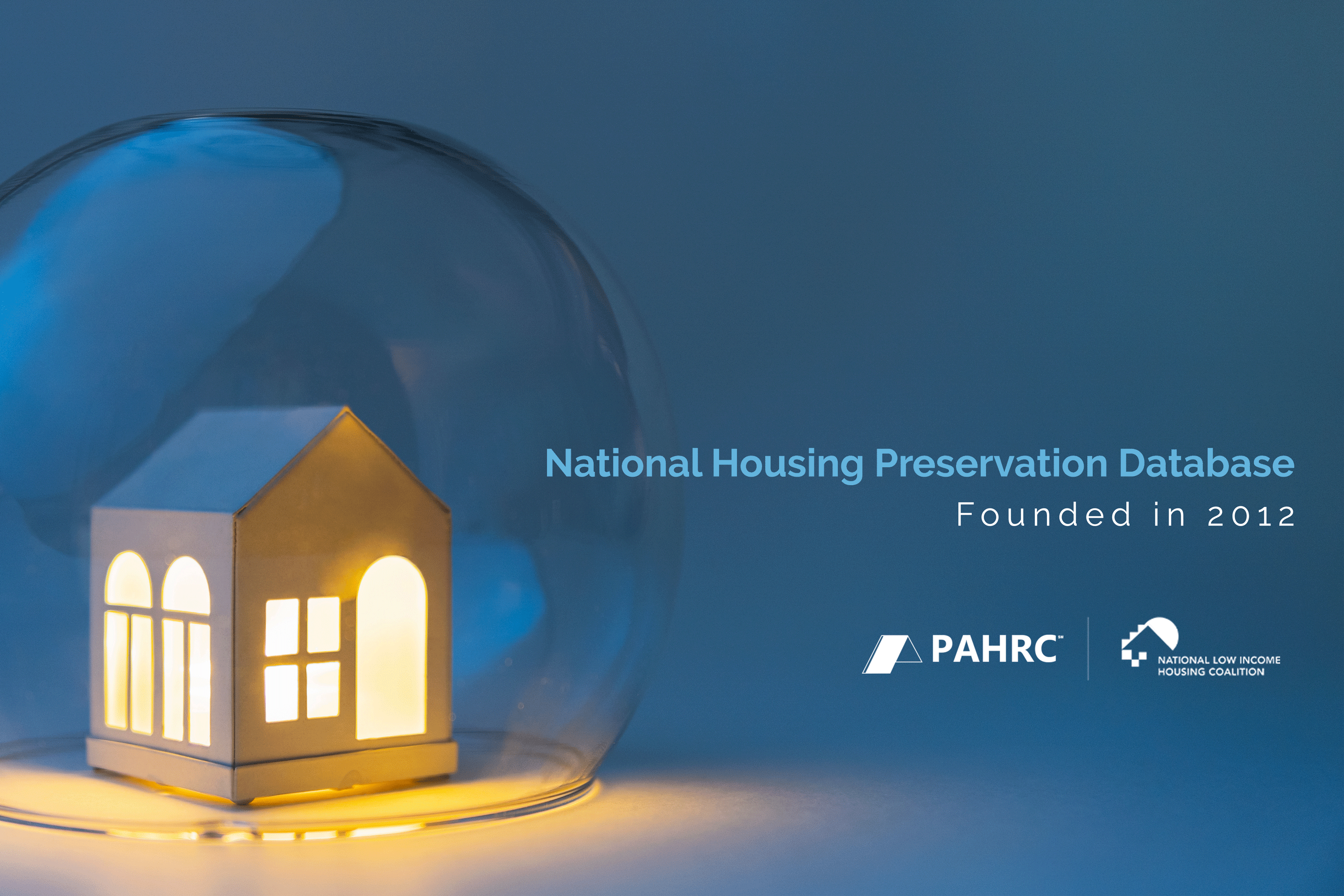Nuclear verdicts—generally considered legal verdicts exceeding $10 million—significantly contribute to social inflation, a term used in the insurance industry to describe the rising costs of insurance claims due to changing social attitudes, perceptions, and legal trends.
The public and affordable housing industry is susceptible to such verdicts, especially concerning premises liability law—the responsibility of property owners, landlords, and property managers to uphold a secure environment for tenants and visitors.
The U.S. Chamber of Commerce Institute for Legal Reform analyzed 1,376 nuclear verdicts between 2010 and 2019. Half were between $10 million and $20 million, and about one-third were between $20 million and $50 million. The remaining 16 percent of verdicts exceeded $50 million (101 ‘thermonuclear’ verdicts exceeded the $100 million threshold). Notably, the median nuclear verdict increased 27.5 percent over the 10-year study period, outpacing inflation.
A large percentage of these verdicts come from states that the American Tort Reform Association (ATRA) labels Judicial Hellholes® as part of its annual report on the topic. Georgia sits atop the foundation’s list of worst litigation environments in 2023-24.
The aforementioned U.S. Chamber of Commerce Institute for Legal Reform study on nuclear verdicts noted that Georgia experienced 53 such judgments between 2010 and 2019, totaling more than $3 billion. Many of these verdicts result from lawsuits blaming businesses for the criminal conduct of others on or near their property.
View ATRA’s 2023-24 Judicial Hellholes® full report: 2023-2024 Executive Summary - Judicial Hellholes®
This article is for general information only. HAI Group® makes no representation or warranty about the accuracy or applicability of this information for any particular use or circumstance. Your use of this information is at your own discretion and risk. HAI Group® and any author or contributor identified herein assume no responsibility for your use of this information. You should consult with your attorney or subject matter advisor before adopting any risk management strategy or policy.
HAI Group® is a marketing name used to refer to insurers, a producer, and related service providers affiliated through a common mission, management, and governance. Property-casualty insurance and related services are written or provided by Housing Authority Property Insurance, A Mutual Company; Housing Enterprise Insurance Company, Inc.; Housing Specialty Insurance Company, Inc.; Housing Investment Group, Inc.; and Housing Insurance Services (DBA Housing Insurance Agency Services in NY and MI).





